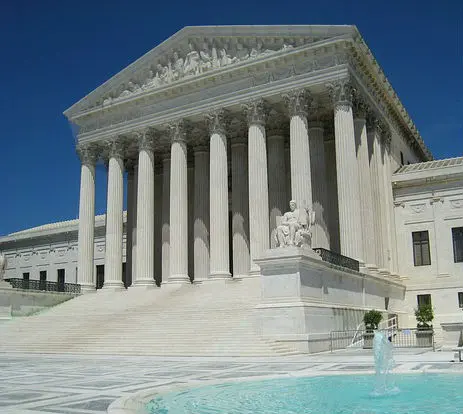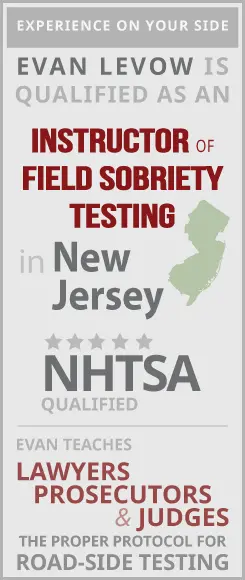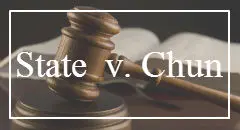The Supreme Court of the United States recently ruled in the controversial Birchfield v. North Dakota case regarding chemical blood and breath testing after DUI arrests.
For a quick overview of the Birchfield v. North Dakota case, click here.
In short, the US Supreme Court ruled that drivers arrested on DUI-related charges have the right to refuse to submit to chemical blood testing without being prosecuted under their state’s implied consent laws if police officers do not obtain a search warrant.
However, the US Supreme Court maintained that law enforcement officers still do not need a search warrant to obtain chemical breath tests from drivers arrested for suspicion of driving under the influence.
About Birchfield v. North Dakota & Implied Consent Laws
The Birchfield v. North Dakota case went all the way to the highest court in the nation after being consolidated with two other similar cases: Bernard v. Minnesota and Beylund v. Levi.
These cases dealt with implied consent laws that require drivers arrested on suspicion of DUI to submit to certain chemical tests for the purpose of estimating levels of intoxication. By refusing to submit to these chemical tests, a driver can be prosecuted under the implied consent laws in his or her state and usually face minimum penalties that include a license suspension.
The Problem With Implied Consent Laws
Opponents of implied consent laws have been arguing for decades that the laws are fundamentally unconstitutional because they violate a citizen’s protection from unreasonable searches and seizures under the Fourth Amendment.
On the other hand, advocates of implied consent laws have argued that the laws are necessary in order to discourage drunk driving throughout the country.
We wrote a previous blog post titled "US Supreme Court Reviews Constitutionality of Implied Consent Laws In DUI Cases" that discussed the heated debate over implied consent laws leading up to the US Supreme Court's recent decision.
Examining The Supreme Court’s Final Decision
On June 23rd, 2016, Justice Samuel Alito delivered the opinion of the Supreme Court of the United States. In a 7-1 vote, the US Supreme Court ruled that the Fourth Amendment permits warrantless breath tests incident to drunk driving arrests, but not warrantless blood tests.
In its official opinion, the US Supreme Court argued that police officers must obtain a warrant for blood tests going forward (but not for breath tests) because blood tests are “significantly more intrusive” than breath tests.
This ruling will have a significant impact on thousands of pending DUI cases involving warrantless blood tests and will affect many DUI cases going forward.
Legal Representation After A DWI / DUI Arrest
Levow DWI Law, P.C. is a DUI defense law firm representing drivers throughout the State of New Jersey. If you or a loved one are facing DUI charges then it is important for you to consult an experienced DUI defense attorney to explore all of your legal options.
Our award winning attorneys are among the most knowledgeable DUI defense lawyers in the industry and are always aware of developments in DUI law throughout the country, such as the recent US Supreme Court decision discussed above.
You can contact Levow DWI Law, P.C. today to schedule a free consultation with our experienced legal team.
You can also explore other interesting DWI-related articles and news stories by visiting the Levow DWI Law, P.C. blog here.



